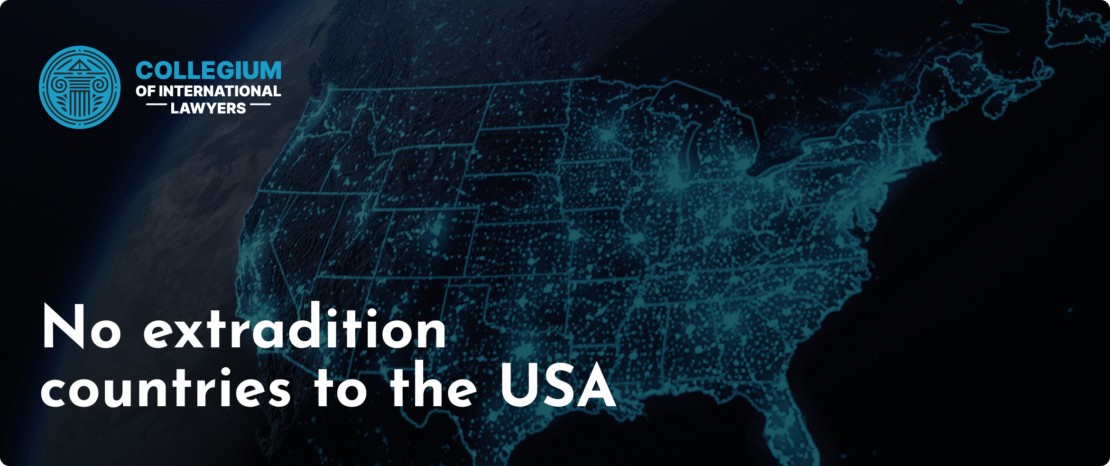
Protecting Against Misuse of Interpol’s Red Notices
In our globalized world, law enforcement actions such as Interpol’s Red Notices can lead to serious consequences for individuals, especially when they are misused. A Red Notice is a request to law enforcement worldwide to locate and provisionally arrest a person pending extradition, surrender, or similar legal action. This powerful tool, while aimed at promoting international cooperation in apprehending fugitives, has the potential for misuse. It can be leveraged for political reasons, personal vendettas, and other unjust applications. Individuals need to be informed about their protecting against red notice misuse rights under international alerts to protect themselves against such abuses.
Understanding Interpol’s Red Notices
Interpol issues Red Notices at the request of a member country when they believe an individual is wanted for prosecution or to serve a sentence. Importantly, a Red Notice is not an international arrest warrant, but rather a request for cooperation in locating and temporarily detaining the person in question. Therefore, the receiving country is under no obligation to comply with the notice, and it may refuse based on its own laws or international agreements. However, individuals may face severe challenges if a Red Notice is issued against them, even if it is not valid.
The Potential for Misuse
The misuse of Red Notices occurs in various forms. For example, individuals might be targeted because of their political beliefs, ethnicity, or involvement in contentious activities. Countries with authoritarian regimes may issue Red Notices against dissidents or activists seeking asylum, thus misusing the notice for political repression. In such cases, the targeted individuals face the dual threat of legal repercussions and personal safety risks. This highlights the importance of understanding the rights and protections available to those affected by these notices.

Your Rights and Protections
When facing the threat of a Red Notice, it is crucial to be informed about your rights. Individuals have the right to challenge the validity of a Red Notice and can do so through Interpol’s Commission for the Control of Interpol’s Files (CCF). This independent body reviews cases to determine if notices comply with Interpol’s regulations and principles. Furthermore, legal counsel specializing in international law can provide invaluable guidance and representation throughout the process.
Steps to Protect Yourself
1. **Stay Informed:** Understanding the laws governing Red Notices and international law is vital. Familiarize yourself with how Red Notices function and the legal framework surrounding them.
2. **Document Everything:** Keep meticulous records of your movements, communications, and any interactions with agencies that might issue a Red Notice against you. This documentation can serve as evidence in your favor should a notice be issued.

3. **Engage Legal Help:** Should you find a Red Notice issued against you, consulting with an attorney who specializes in international law is important. They can help navigate the complexities of your case and represent your interests during legal proceedings.
4. **Check Red Notices Regularly:** Regularly search Interpol’s public database for any Red Notices against you to stay informed and aware of your situation.
5. **Reach Out to NGOs and Advocacy Groups:** Many organizations help individuals navigate the challenges imposed by Red Notices. They can provide resources, support, and sometimes legal assistance to individuals facing these issues.
Conclusion
Interpol’s Red Notices are a critical component of international law enforcement, yet they come with the inherent risk of misuse. By understanding the mechanisms behind Red Notices, knowing your rights, and taking precautions, you can significantly reduce the impact of potential misuse. Engaging with legal professionals, keeping informed, and reaching out to advocacy groups are essential steps in navigating the risks associated with Red Notices. In today’s interconnected world, awareness and preparation are your best defenses against the unforeseen consequences of international alerts.